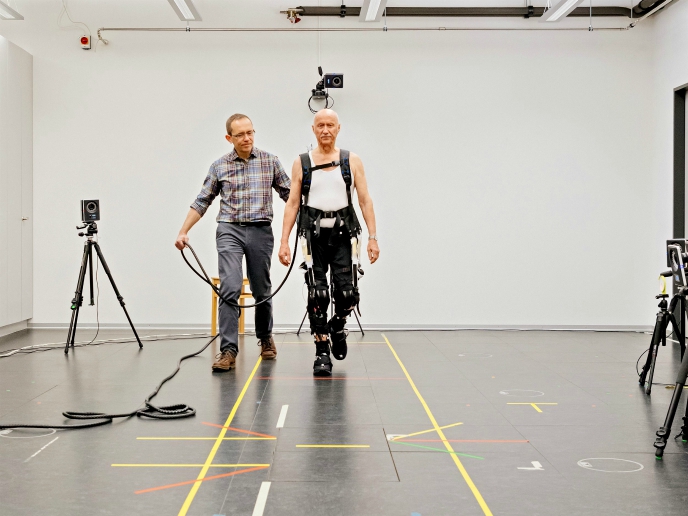Advancing radiation therapy
RT is among the most common, yet non-specific treatments against cancer. However, more high-precision modes of radiation therapy are being developed that aim to deliver precise radiation doses to a tumour by conforming to its three-dimensional (3D) characteristics. These emerging technologies include intensity-modulated radiation therapy (IMRT), image-guided radiotherapy (IGRT) and proton therapy. The EU-funded project titled ‘Methods and advanced equipment for simulation and treatment in radio-oncology’ (Maestro) aimed to improve such technologies by providing more advanced and precise tools. Project partners from 24 research groups across Europe developed a model predictive control system which was combined with a video tracker and a filter motion predictor to detect surrogate motion. Using thorax phantoms, project scientists managed to replicate external and internal organ movement so as to compensate for it in such a way that it remained motionless with respect to the treatment beam. Various parameters of radiation therapy were attended to including imaging software and equipment, laser beams and radiation dose. Small laser beams delivering less than 1-cm–wide beams were tested alongside devices for the appropriate radiation dose dosimetry. Particular attention was paid to the actual biological effect of radiation by taking into account individual patient biological data and assessing individual organ sensitivity. The long-term adverse effects of radiation therapy were also considered. Maestro deliverables constitute an advancement to current radiation therapy protocols. A novel device that can accurately control a small radiation beam and measure its dose according to patient and tissue needs will have significant medical impact in the field of radio-oncology.







